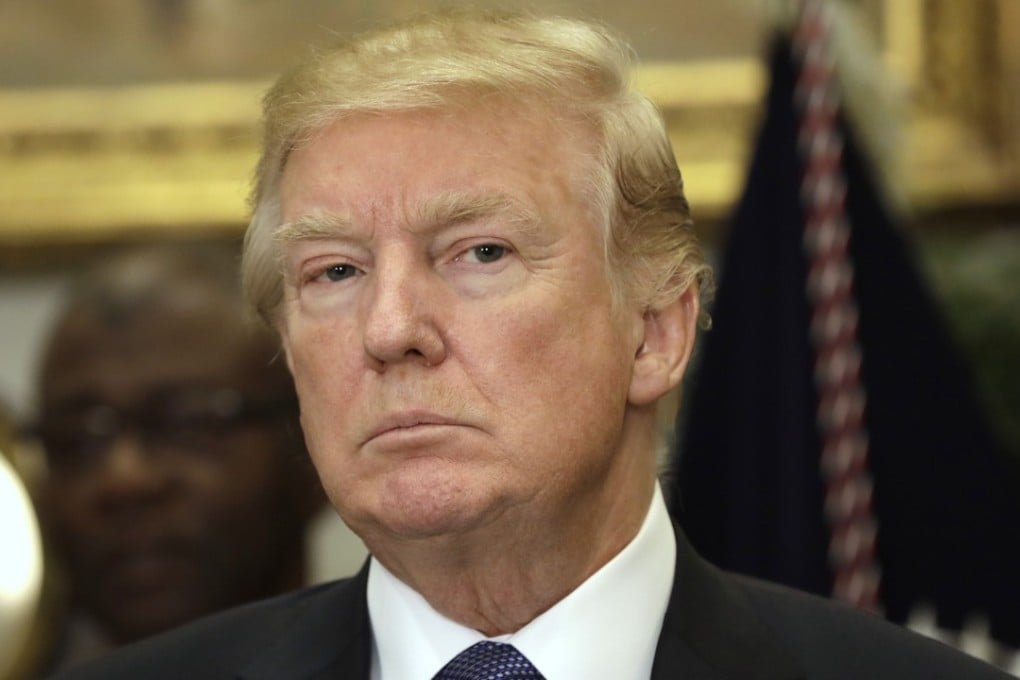Analysis | Donald Trump reportedly praised Singapore, China and Philippines for executing drug dealers. Here’s a few possible reasons why
US President Donald Trump considers drug traffickers to be as bad as serial killers and would love to have a law that executes dealers in the US

US President Donald Trump has been privately praising Singapore, the city state once known as the world’s most active executioner per capita.
This according to Axios, which reported Sunday that the president has been telling friends for months that the death penalty should be imposed on drug dealers in the United States – similar to a policy held for decades by Singapore.
An anonymous senior administration official also told Axios that the president has also spoken admiringly about the executions of drug traffickers in China and the Philippines.
“They just kill them,” Trump reportedly said.
Citing people who have spoken with Trump, Axios reported that the president “often leaps into a passionate speech about how drug dealers are as bad as serial killers” and has said he would love to have a law that allows the United States to execute drug dealers without exception.
Axios reporter Jonathan Swan said Tuesday that the president had “talked up” executions in China, the Philippines and Singapore to not just confidants, but also to members of Congress and some foreign leaders. The White House has not responded to a request for comment.